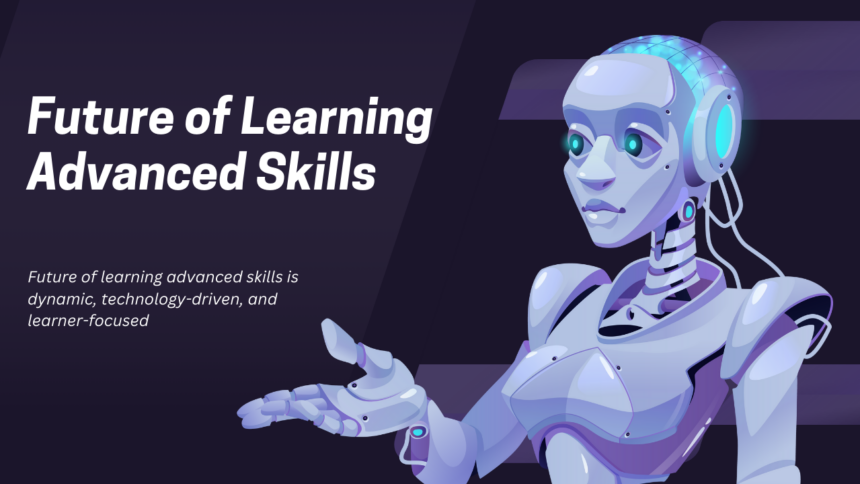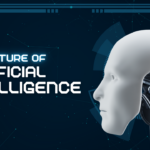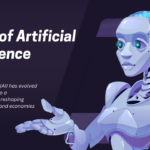A few years ago, if you wanted to learn some advanced skills like machine learning, architecture design, or cybersecurity, you pretty much had two options: enroll in a formal programme or try to teach yourself using scattered resources online.
Both worked. But both had big gaps.
Now? Things are shifting and fast. How we learn, especially when it comes to high-level, technical, or creative skills, is changing in ways that actually work with how people think, rather than forcing them to fit into old systems.
Learn advanced skills online
You Don’t Need to Sit in a Classroom Anymore
This one feels obvious, but it’s more than just online courses. Today’s platforms are interactive. You’re not just watching videos; learnt you’re learning to code, building, experimenting, and getting instant feedback.
A friend of mine learned data analysis through a hands-on course where every lesson involved real-world datasets. She wasn’t just memorising; she was solving actual problems. That made everything stick.
The new model of learning doesn’t just ask, “Did you watch the video?” It asks, “Can you do the thing?”
Skills Are Getting More Modular
Instead of grinding through a full degree, people are stacking smaller pieces together: certifications, micro-courses, and project portfolios.
Take web development, for example. You might start with HTML and CSS, move on to JavaScript, and eventually build full-stack apps all through bite-sized learning paths. You don’t need to know everything before you start doing something useful.
That’s a big shift. It lowers the pressure and lets learners build momentum one skill at a time.
AI Tutors, But Not Like the Ones in Sci-Fi Movies
We’re already seeing tools powered by AI that adjust to your pace, your mistakes, and even your learning style. Whether it’s giving you hints, breaking down tough concepts, or suggesting extra practice, it’s not one-size-fits-all anymore.
I used one of these tools to brush up on SQL. It noticed where I hesitated and then served up a new example that made the lightbulb go off. Way better than Googling “Why does this query not work?”
Expect more of this. Tools that guide instead of lecture. That helps instead of tests.
Community-Led Learning Is On the Rise
Even the best platforms can’t replace what you get from other learners shared struggles, weird bugs, and small wins. More advanced learning is moving toward this blended model: strong tools, solid content, and a tight-knit group of people learning side-by-side.
Online communities, project-based cohorts, and Discord servers filled with folks asking and answering each other’s questions this is where real growth happens.
You’re learning with people, not just from a screen.
What This Means for Learners Who Want to Go Deep
Learning a complex skill used to mean diving into books or hoping you could afford a workshop. Now, it means building something. Testing yourself in public. Sharing your process. Making mistakes and showing your work anyway.
If you’re trying to go deep on something whether that’s app design, advanced math, writing, or robotics here’s what helps:
Pick one thing to master first. Not five. One.
Make your own projects. Even if they’re weird or messy.
Ask nonsensical questions (they’re not nonsense).
Don’t learn in silence. Join a community. Find people building the same kind of stuff.
Track your growth somewhere, even if it’s just a private doc.
No More Waiting for Permission
The biggest shift in learning today? You don’t need someone to give you a syllabus or a certificate before you start.
You can build things now. You can apply what you’re learning now. Whether you’re teaching yourself, learning on the job, or somewhere in between you’re not stuck waiting for the “right time.”
The future of advanced learning isn’t locked in a lecture hall. It’s wherever you are with Wi-Fi, curiosity, and a bit of time to spare.


